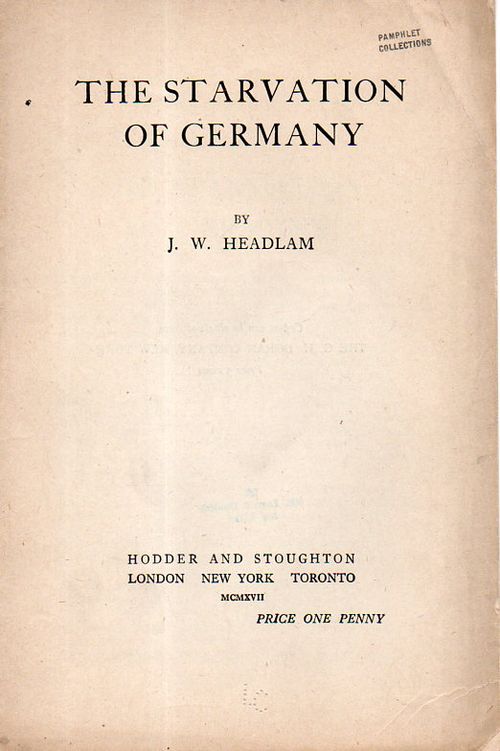JF Ptak Science Books Quick Post
 There are few people I think who can recall the names of any U.S. secretaries of agriculture--the notable exception being Earl Butz, who during his tenure from 1971-1976 was known for being vulgar and profane, a quality which led to his forced resignation. Another notable but less-remembered quote had to do with the thing he was secretary of: food. He remarked that "food is a weapon", and although considering the source, the quote was not intended as offensive ordnance. He explained that the best method of fighting the Cold War was to provide food and the means of producing it to countries that might fall under the influence of Communism to secure the birthright for their people. (He perhaps was building on President Eisenhower's Food for Peace Program that began in 1954.)
There are few people I think who can recall the names of any U.S. secretaries of agriculture--the notable exception being Earl Butz, who during his tenure from 1971-1976 was known for being vulgar and profane, a quality which led to his forced resignation. Another notable but less-remembered quote had to do with the thing he was secretary of: food. He remarked that "food is a weapon", and although considering the source, the quote was not intended as offensive ordnance. He explained that the best method of fighting the Cold War was to provide food and the means of producing it to countries that might fall under the influence of Communism to secure the birthright for their people. (He perhaps was building on President Eisenhower's Food for Peace Program that began in 1954.)
The Starvation of Germany was a piece of British propaganda, an explanation of the blockade being used against Germany to bring it to negotiations to bring an end to the World War. It is not the end of World War II as I first thought--but the end of World War I. There were blockades in both, and each being very detrimental to the population of Germany--killings thousands of German citizens--though not enough to convince the Germans to sue for peace.
One thing that the 1915 pamphlet couldn't yet mention--that by the end of 1918 between 400,000-725,000 Germans had died of starvation or diseases related to lack of food.



Comments